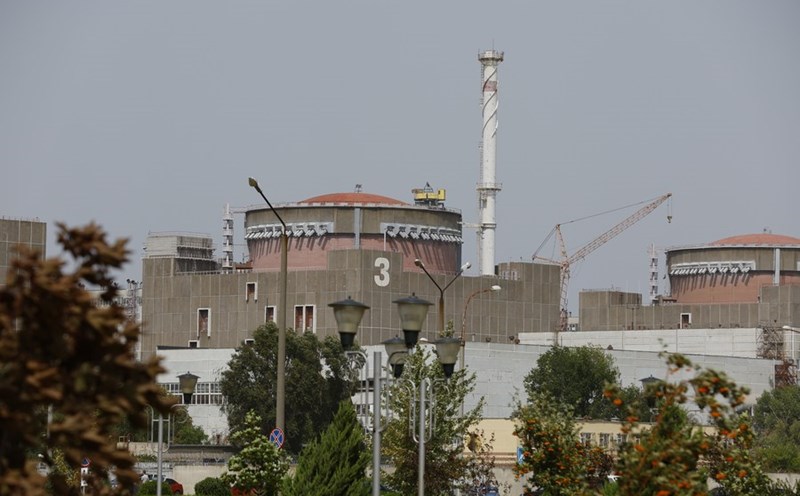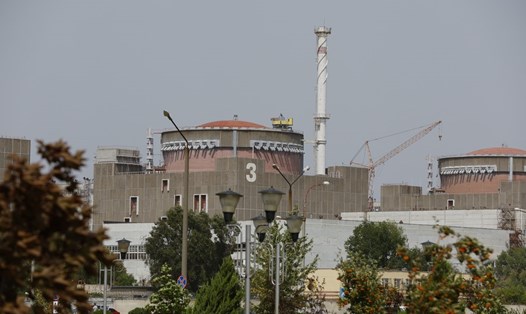The world's largest and most influential development bank announced on June 11 the lifting of the ban on financing nuclear power projects.
The decision of the World Bank's board of directors could have a profound impact on the industrialization of developing countries.
The ban on funding for nuclear power projects has been in effect since 2013, but the last time the World Bank funded a nuclear power project was in 1959 in Italy.
In recent decades, some of the bank's main donors, especially Germany, have opposed the bank's involvement in nuclear power, citing the risk of catastrophic accidents in poor countries with little expertise in nuclear technology.
The bank's policy change was described in an email sent to employees by Chairman Ajay Banga late on June 11. This move comes as nuclear power is being increasing in support globally.
The US is the largest shareholder of the World Bank and has a significant influence on the bank's policies. In April this year, US Treasury Secretary Scott Bessent urged banks to lift the ban, in order to "revolutionize energy supply for many emerging markets".
A new German government has also spoken out in support of nuclear power, especially for smaller next-generation reactors. Germany has phased out reactors in the country following the 2011 Japan Fukushima disaster and closed the last one in 2023.
The World Bank's move was welcomed by nuclear energy backers as an alternative to fossil fuels.
"If you are interested in getting the world off coal, this move is highly likely, especially in Southeast Asia," said Todd Moss, CEO of the Center for Energy for Growth.
The World Bank stopped funding oil and gas drilling projects in 2017, but continues to work on a number of gas-related infrastructure in developing countries.
In an email to staff on June 11, Chairman Ajay Banga also mentioned the possibility of lifting the ban on funding for oil and gas drilling in the future, but there is no agreement reached at the present time.











